Black Adam is a movie that is trying very hard. It is perhaps the perfect artifact of the ethos of its star, who has toiled endlessly for over a decade to bring it to the big screen, and has tried through force of will alone to make the title character as ubiquitous in the comic movie landscape as he is. Dwayne “The Rock” Johnson, and his tireless work ethic, is all over the movie. But sadly, effort doesn’t equal excellence, and when it comes to the execution of filmmaking, Black Adam falls quite short of the mark.
By now, you’re probably privy to the big spoiler, which I won’t get into here. However, it is the unstoppable nature of its hero (with a pretty massive exception that I’ll get to later) that looms large over every minute of the runtime, putting a massive drag on the film’s stakes. Even though the Justice Society of America — played with varying levels of charisma and watchability by Pierce Brosnan (Dr. Fate), Aldis Hodge (Hawkman), Quintessa Swindell (Cyclone) and Noah Centineo (Atom Smasher) — are positioned as formidable heroes in their own right, a film which tells us and shows us over and over again that Johnson’s Teth-Adam is without peer can only truly evoke one possible other, even as it ostensibly builds to giving our protagonist his equal and opposite antagonist. And indeed, the largest audience reaction by far came in the stinger, when the true payoff happens.
But as for the “true” movie, it centers around an ancient hero imbued with the powers of SHAZAM (a multifaceted acronym, it would appear, as the god powers that comprise his set of abilities come from Egyptian deities instead of Greek ones) who defeats an ancient despot in the ancient fictitious country of Kahndaq before being lost to history. In present-day Kahndaq, a vague international group of foreign mercenaries and military occupiers repress the modern citizenry, who still look favorably to their legendary “champion” from five millennia previous, and are eager to embrace the force of destruction that is Teth-Adam as their modern-day defender, despite the fact that his methods are far more extreme than the ones traditional superheroes embrace.
Sarah Shahi‘s Adrianna Tomaz, her son Amon (Bodhi Sabonghi), and her brother Karim (Mohammed Amer) try really hard to ground this story in something real and human, with very mixed results. On one hand, you want to root for the archeologist who wants to preserve her family’s tradition and her country’s history from the would-be colonizers who mine the land of its (definitely not a plot contrivance) natural resources and seek to use a (100% MacGuffin) ancient artifact to unleash undefinable power upon the world. But on the other hand, Shahi’s earnest likability can only do so much to hide a pretty standard and predictable plot, with such generic villains and the betrayals and life-or-death situations exactly where you’d expect them to be.
The dynamic between Amon and Teth-Adam wants to be comparable to Edward Furlong and Arnold Schwarzenegger‘s dynamic in Terminator 2, with the plucky teenager playing off of the fairly wooden and unfeeling killing machine while teaching him how to navigate the familiar world. (There’s a recurring catchphrase gag that tries really hard to land.) It’s definitely admirable that through him, the film has a lot to say about the universal nature of superhero fandom, even in the face of superheroes who seem to favor a particular aesthetic and pursue a more narrow agenda.
The JSA represent this idea, and it’s in the execution of this story that the flaws in the script are at their most apparent. As the movie chooses to present them, they are a quasi-covert superhero strike force who act at the behest of Amanda Waller and can go anywhere in the world to execute police actions, with little to no regard for the will of the locals. Their (super-vague) general mission is to prevent destabilization, and their specific mission is to neutralize Teth-Adam, who, according to the vagaries of the plot, cannot be permitted to exist in the modern world as a living weapon of mass destruction. Any excuses to see superheroes fight, I suppose.
The fights, and the action overall, are solid, but they are marred by distractingly bad needle drops and overuse of slow-mo. Jaume Collet-Serra seemed almost amateurish in his employment of those techniques, as they represented the most glaring aspect of the movie that a director with a better eye and ear would have elevated. And the less said about the third-act CGI fight the better.
Then there’s [SPOILER ALERT] the Eternium of it all. The plot required that the Kahndaqi people be forced to mine a very valuable mineral both in the past and present, but the name is almost unforgivable, as it signaled to the audience that they would have to stomach a magical metal that would figure prominently into the story. But making Eternium into essentially Teth-Adam’s kryptonite was unnecessary and misguided, especially because it was simultaneously overutilized and underutilized as a “do everything” material, in a film that already includes Nth metal.
Overall, Black Adam, while fun, wants to be better than it is. The themes, the emotional stakes, and the desire to do DCEU world-building are admirable. And if future films wanted to build on this, I wouldn’t be opposed to it. But this film is trying too hard. There was a lot of potential – both in the cast and the story. But in its execution, Black Adam nets out at “aggressively mediocre.” The hierarchy of power in the DC Extended Universe may have changed, but the hierarchy of quality did not.
6/10







